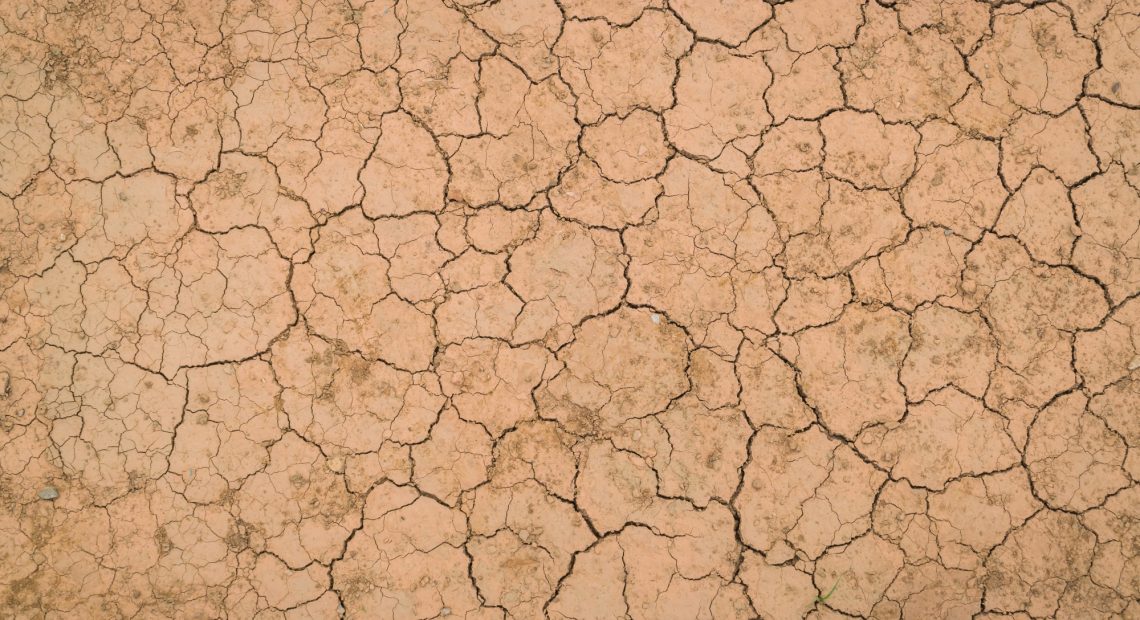
Pakistan’s Kharif Crop in Crisis as India Regulates Chenab Water
A looming agricultural crisis is unfolding in Pakistan as the country’s two primary water reservoirs—Mangla on the Jhelum and Tarbela on the Indus—are running alarmingly low. This scarcity has been further compounded by a sudden drop in the flow of the Chenab River, which Pakistan heavily relies on for irrigation during its kharif cropping season. The drop in water levels is closely linked to India’s regulation of the Chenab’s flow in the aftermath of recent regional tensions.
Chenab River Flow Severely Reduced
Water inflows at Pakistan’s Marala headworks on the Chenab have plummeted from 35,000 cusecs to a mere 3,100 cusecs. This sudden reduction comes in the wake of India’s suspension of the Indus Waters Treaty (IWT) in April 2025. Though not formally revoked, the operational freeze has effectively allowed India to regulate the flow of western rivers, particularly the Chenab, without prior intimation to Pakistan.
India has justified this move on national security grounds, following a series of provocations including the recent terror attack in Pahalgam. Analysts believe this is a calibrated measure—well short of abrogation but with tangible punitive impact.
Pakistan’s Water Crisis Worsens
With dam levels sharply declining, the Indus River System Authority (IRSA) has reported a 21% national water shortfall. Both Mangla and Tarbela dams are operating at close to dead storage levels. Provinces like Punjab and Sindh, which depend on canal irrigation sourced from these reservoirs, are particularly vulnerable.
The sudden unavailability of water during a critical sowing period has left farmers and irrigation authorities scrambling. Some provinces are resorting to rotational water supply, but even that may not suffice if current levels persist.
Kharif Season Threatened
The kharif season, essential for cultivating rice, cotton, and sugarcane, is under serious threat. These water-intensive crops are the backbone of Pakistan’s agricultural economy and food supply. Any disruption in irrigation at this stage could translate to significant yield loss, food inflation, and pressure on already struggling rural incomes.
Farmers in key districts have reported dry canals, wilting seedlings, and increased reliance on expensive tube wells, pushing input costs higher. Experts warn that without immediate mitigation, Pakistan could face a food supply disruption by the end of the year.
The situation has triggered calls within Pakistan for diplomatic and international intervention, though India maintains its actions are within its rights given the treaty’s current suspension status. The water standoff now risks inflaming bilateral tensions further and underscores the vulnerabilities of shared river management in conflict-prone regions.


















